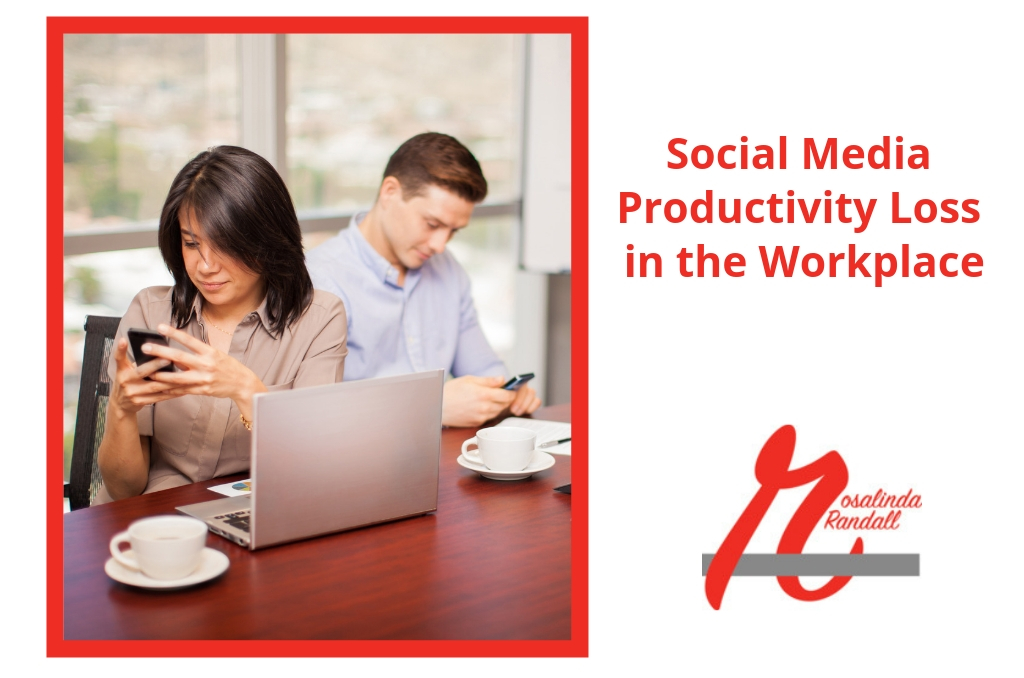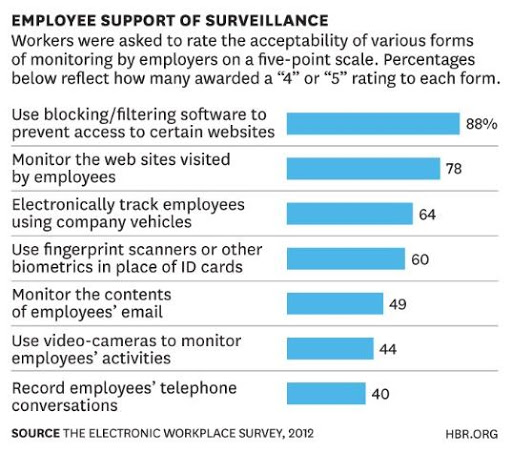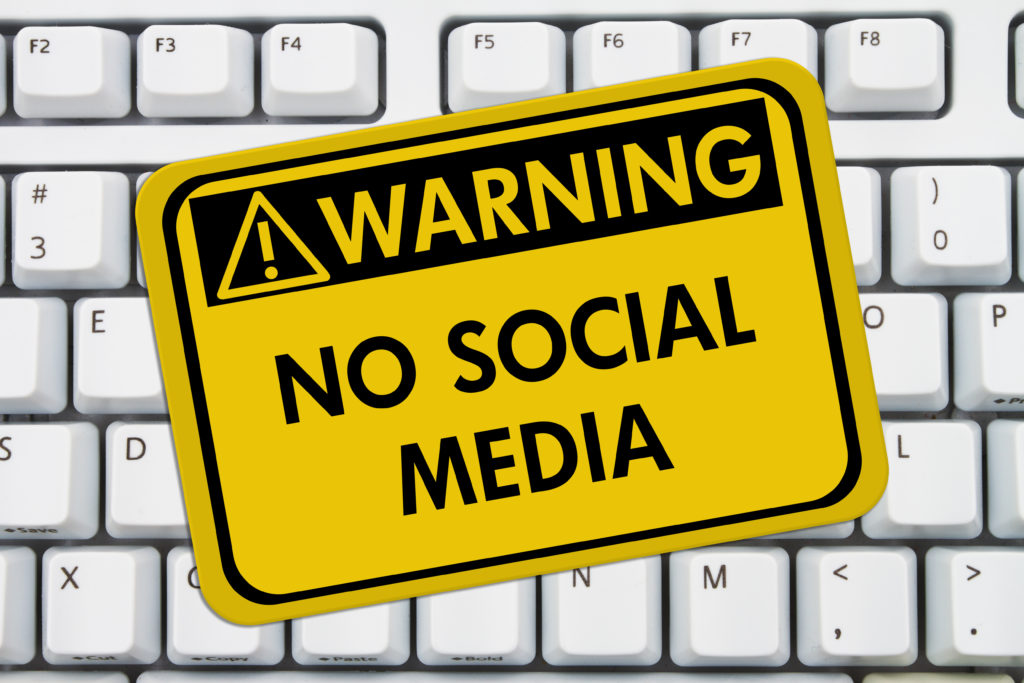Many employers believe that browsing on social media during work hours is distracting. It requires time to refocus and make up for loss of productivity and mood shifts. Surely you can’t help but resist the urge to check your phone when you want to see if anyone commented on your new Facebook post, or check on your new Instagram followers you just acquired through Upleap?
A reasonable argument would be, so is the dog in the cubicle next to me. So is the coworker “om’ing” in the open-concept creative space. So is the game of ping-pong across the room. And so is the barrage of texts my boss sends throughout the day.
Fair enough. Some employees claim that taking a few minutes throughout the day to check in with friends, post about how they’re feeling, catching up on scores, or watching a heartwarming video releases tension and gives them a mental break. Sounds harmless, but is it? I mean even in the evenings, we resort to some sort of media, radio on the way home, TV in the evening. We are always looking at a screen. You should see the cable TV statistics these days (click here for the full statistics), they are quite high! Is it good for us?
Social Media Productivity Losses Can Add Up
The average employee spends about 40 minutes* per day on social media. This is in addition to the time used for designated lunch, morning and afternoon breaks, and the unexpected chitchats that can happen as, say, you cruise by the water cooler. Those 40 minutes of unproductive time is a financial loss to the company, and that’s not not harmless. (*Source: With so many studies to draw on, I decided to use an average.)
[bctt tweet=”Browsing #social media at work not only wastes the time spent online, it takes an average of 23 minutes to be able to refocus on the job at hand after doing your tweets.” username=”rosalindatweets”]
Are you thinking, “Well, everyone does it.” Or, “They owe me; I work my butt off.” Or, “I get my work done, so what’s it to them?” What if your company tracked the time you spent on social media and deducted it from your paycheck? Ouch! An outside possibility but tracking employee use of the internet is happening, so better to be careful. Work as if someone were watching.
Think of it this way: You hire a service provider, whom you are paying by the hour. You see them regularly checking their phone or taking calls from other clients. Are you okay with that? Probably not.
In fact, many workers go so far as to agree with their employers’ monitoring of their internet usage. For example, a survey conducted by the University of Tasmania found that 78 percent of employees thought Big Brother oversight was OK (see the chart below.)
4 Things to Consider About Social Media Use
- If everyone is doing it, then stand out and get noticed by management as the employee who doesn’t.
The payoff: Instead of being glued to the screen, you can look up, appear approachable and become better engaged with your colleagues and bosses. - Cut down on your social media use during work hours (If you must, you can use your lunch hour and breaks to catch up).
The payoff: You’ll become more productive during the workday. - Conduct yourself as if someone was watching-they probably are.
The payoff: People notice when you’re working distracted, wasting more time than you think are. And they’ll notice when you are focused and achieving more. - You’ll spend less time refocusing.
The payoff: You’ll make fewer mistakes, forget fewer details and waste less time when you aren’t in a fog moving between the worlds of social media and work.
To the last point, many studies have shown that it takes on average 23 minutes to fully refocus on the task you were on after posting your cat pictures on Instagram. Yikes! So you’re not just taking the 40 minutes to browse social media. You’re also racking up another 23 minutes or so of unproductive paid time.
Freedom and Privacy to Post as I Please
But if you want to play devil’s advocate, you could reason: But the company can’t forbid me from posting online, can they? Yeah, they can implement internet-use policies, block certain sites and even monitor my browsing history. But, aha! They can’t check my phone.
No, they can’t. And that’s how employees get around the blocked sites. But that’s not to say that your time spent plugging away at your smartphone keyboard isn’t being noticed. People know what you’re doing. And they can see the loss of productivity.
A note to employers: Written privacy policies are great, but if your employee signed it two years ago, it is unlikely that they will remember it. While you can’t monitor an employee’s every moment, you can encourage them in the right direction by setting an example. For example, implement a “no phone” policy at meetings.
A note to employees: The National Labor Relations Board protects the rights of employees to act together to address conditions at work, with or without a union. This protection extends to “certain work-related conversations conducted on social media, such as Facebook and Twitter.” But this protection ends if, for example, you make threats of any kind or share company trade secrets. These offenses could prompt your immediate dismissal and a brisk, escorted walk to the parking lot.
Which would get your social media channels really buzzing.
____________________
Rosalinda Oropeza Randall, Workplace Civility, Soft Skills, Business Etiquette Expert, Media Source, and author of “Don’t Burp in the Boardroom.
Presentations are available to support HR policies and harassment compliance, address concerns, or to avert potential conflicts – Upgrade or set a standard of communication and behavior – Up and coming managers – Interns – New-hire orientation process – Professional development events or conferences – College/university students – Actors to prepare for roles – NEW! Attorneys; polish client’s professional presence for a court appearance.
For more information, please contact me via email, or by calling 650.871.6200 before a dilemma turns into front page news.









